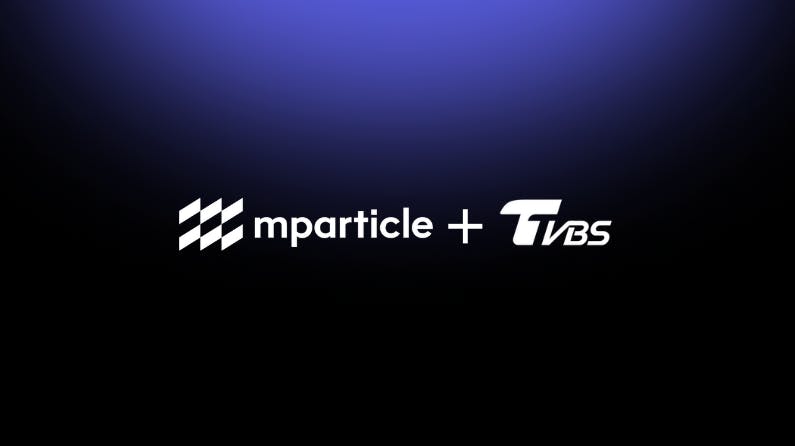These 4 mobile ad-tech companies are banding together on standards for GDPR
With the General Data Protection Regulation (or GDPR) looming, mParticle and its partners have come together to create OpenGDPR, designed to help companies manage and complete data requests easily across their ecosystem.

With the European Union’s General Data Protection Regulation (or GDPR) looming, a handful of advertising and marketing tech companies are working together in an attempt to tackle the stringent regulations.
AppsFlyer, mParticle, Braze, and Amplitude have banded together to form the industry version of the Justice League. Calling itself OpenGDPR, the consortium aims to streamline the process for marketers in making sure their data practices are up to speed.
While marketers are still working to iron out some of the details around GDPR, like how they can and cannot collect and store data, the group is providing marketers with best practices. It’s also supplying an application programming interface (or API) that plugs into all of the companies’ systems, ensuring that brands’ data is handled the same in a compliant way.
“Policies by themselves without the technology to help enforce or govern those policies [are] only as good as the paper that they’re written on,” said Michael Katz, CEO and cofounder of mParticle. “If a user does express their right to be forgotten, it’s something that affects all of a [brand’s] vendors.”
MParticle’s technology collects data from brands’ apps and sites. AppsFlyer and Amplitude extract analytics and attribution stats from data and products, while Braze manages messaging and push notifications from apps.
Work for the project began six to seven months ago, Katz said.
The group is not charging brands to use the API or learn some of those best practices—like how to parse out mobile data in apps, how long they should store data and how data will be ported across multiple vendors.
That breadth of data means that GDPR doesn’t just affect marketing. Consumer data touches analytics and business intelligence, for example. “The worst thing a brand can do is entrust these decisions to an agency of a governing body like the IAB,” Katz said. “Putting blind faith in those folks is probably going to give people a false sense of confidence.”
Of course, Katz has a vested interest in equipping brands with self-serve software, but GDPR does have broader consumer implications than removing targeting from digital advertising.
AppsFlyer’s data protection officer Guy Flechter added that GDPR “is not one size fits all.” One piece of data that brands may decide to nix altogether: mobile IDs that analyze apps and data stored in phones, Flechter said.
The group is hoping that the consortium will encourage other ad-tech companies to band together, especially for U.S.-based firms facing regulation for the first time. “As any kind of digital brand, you’re liable to have customers that are EU citizens no matter where they’re physically located,” said Bill Magnuson, cofounder and CEO of Braze.
Latest from mParticle
Try out mParticle
See how leading multi-channel consumer brands solve E2E customer data challenges with a real-time customer data platform.
Startups can now receive up to one year of complimentary access to mParticle. Receive access



